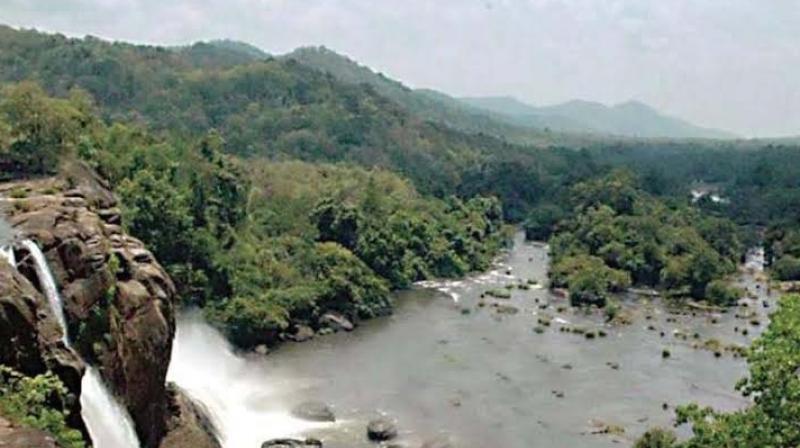At a ceremony in Delhi this November, Congress Parliamentary Party chairperson Sonia Gandhi awarded the 2024 Indira Gandhi Prize for Peace, Disarmament and Development to former Chilean President and ex-UN Human Rights Chief Michelle Bachelet.
While honouring her, Sonia Gandhi drew a striking parallel between Bachelet and former Prime Minister Indira Gandhi, saying both women endured periods of turmoil, resilience, and personal loss—shaping their political convictions.

“Bachelet has witnessed oppression, torture and exile firsthand,” Sonia said, noting that both leaders were “born and raised in times of strife” and became symbols of strength for their nations.
Her Persistent Focus on Kashmir
Michelle Bachelet’s comments on India’s internal policies have often sparked political reactions, particularly her repeated criticism following the abrogation of Article 370 and 35A in 2019.
Just weeks after the move, Bachelet addressed the 42nd UN Human Rights Council session (September 9, 2019) expressing concern over:
- Restrictions on internet access
- Curbs on peaceful assembly
- Detention of political leaders
Her remarks were welcomed by then Pakistan PM Imran Khan, who urged the UN to investigate alleged human-rights violations.
Bachelet continued raising Kashmir in subsequent sessions. In 2021, during the 48th UNHRC session, she said communication blackouts persisted and claimed journalists and activists faced pressure. Her office also flagged concerns about rising UAPA cases and the impact of internet shutdowns on livelihoods.
Her Office Intervened in the CAA Case
Interestingly, Bachelet took a more active posture during the debate on the Citizenship Amendment Act (CAA) than she did on Article 370.
In March 2020, the UN Human Rights Office filed an intervention application in the Supreme Court, seeking to be a third-party in petitions challenging the CAA. India dismissed the move firmly.
MEA spokesperson Raveesh Kumar responded:
“The CAA is India’s internal matter. No foreign party has any locus standi with respect to India’s sovereignty.”
Even in 2024, OHCHR reiterated concerns that the CAA’s religion-based criteria could conflict with international obligations—an argument the Indian government rejects, insisting the CAA protects persecuted minorities in Muslim-majority neighbours, and Muslims in these countries are not the target of systemic persecution.
Backing NGOs and Civil Society Voices
Under Bachelet, the UN human rights office consistently voiced concerns over India’s handling of NGOs, especially regarding:
- FCRA restrictions
- UAPA cases
- Raids on civil-society organisations
In October 2020, she urged India to review the FCRA in light of international human rights norms, saying it was being used to “deter or punish” human-rights reporting.
These repeated interventions have political consequences — and are partly why the BJP reacted sharply to Sonia Gandhi’s choice of awardee.
The BJP’s Counterattack
The BJP called the Congress’s decision “predictable,” with party leader Amit Malviya alleging that the Congress, weakened electorally at home, is seeking validation from ideological allies abroad.
In a country where Kashmir remains deeply emotional and politically charged, the Congress’s decision to honour Bachelet invited criticism — even if the award’s intent was to celebrate global human-rights work rather than endorse her positions on Indian policy.



